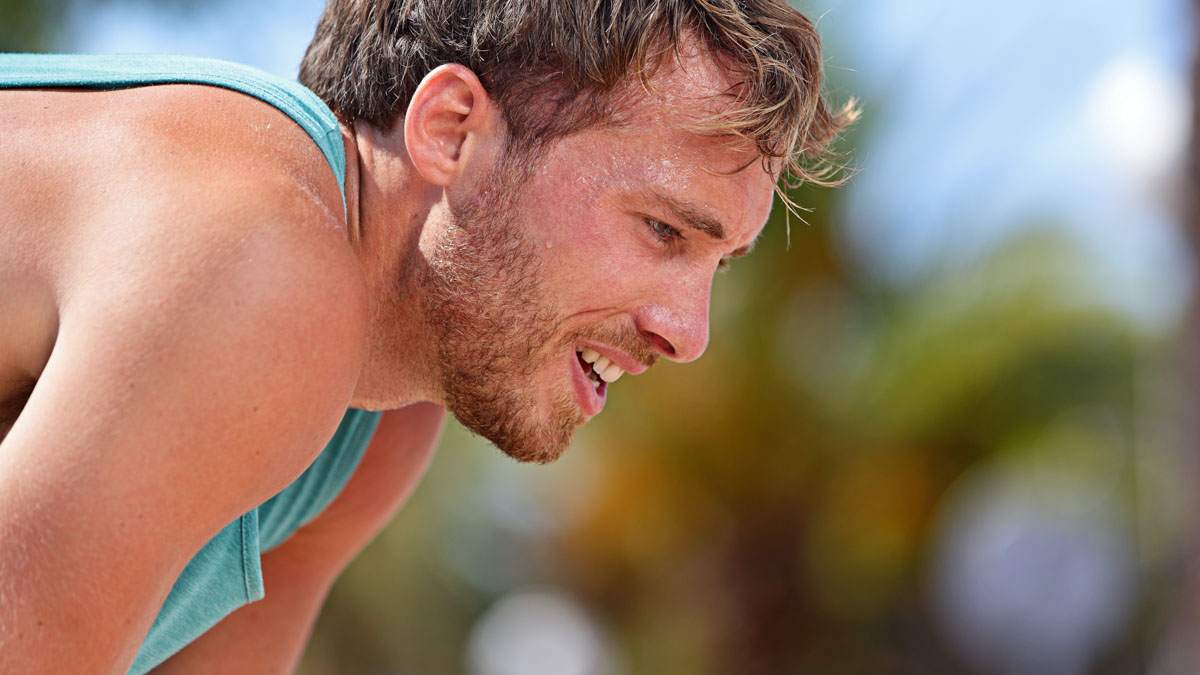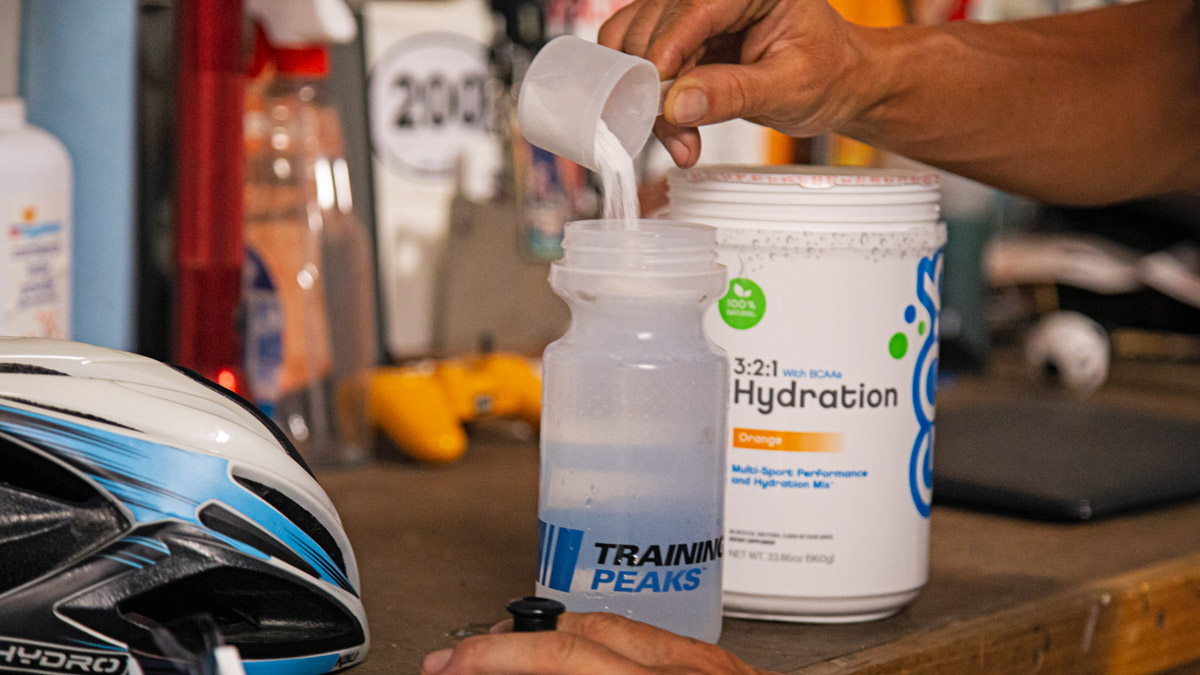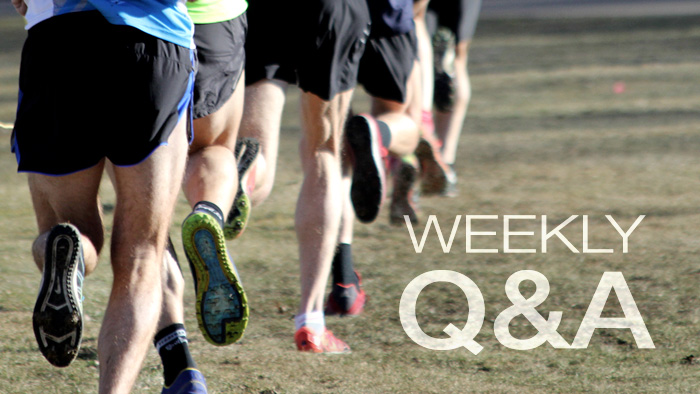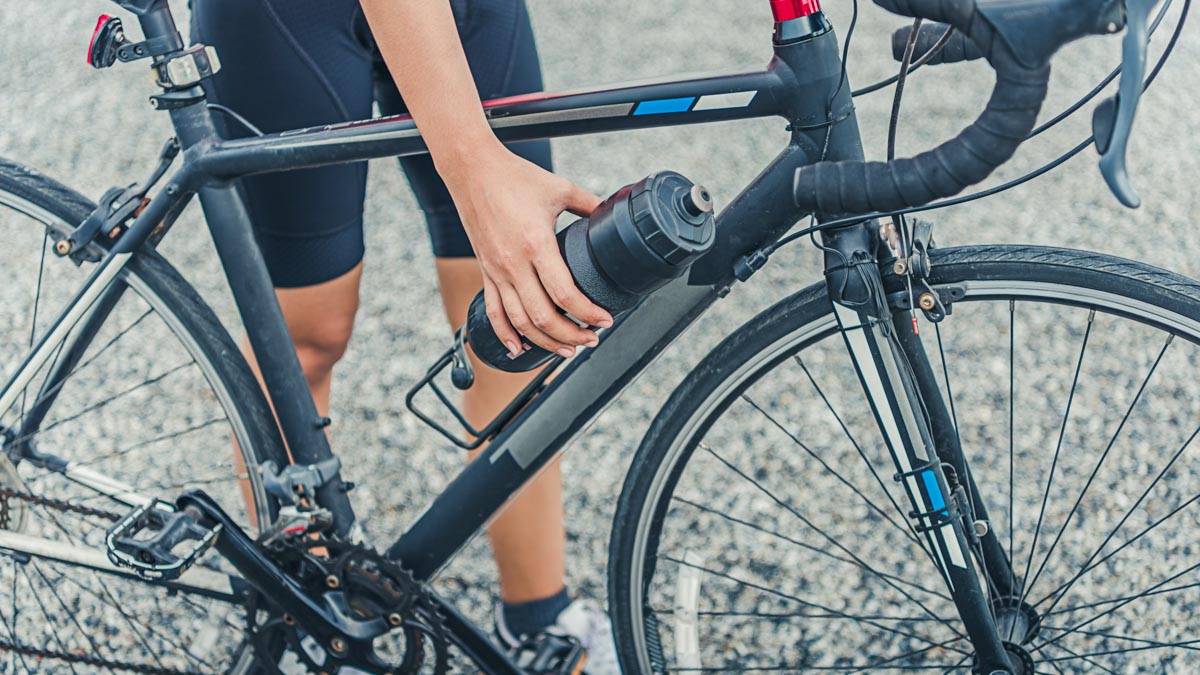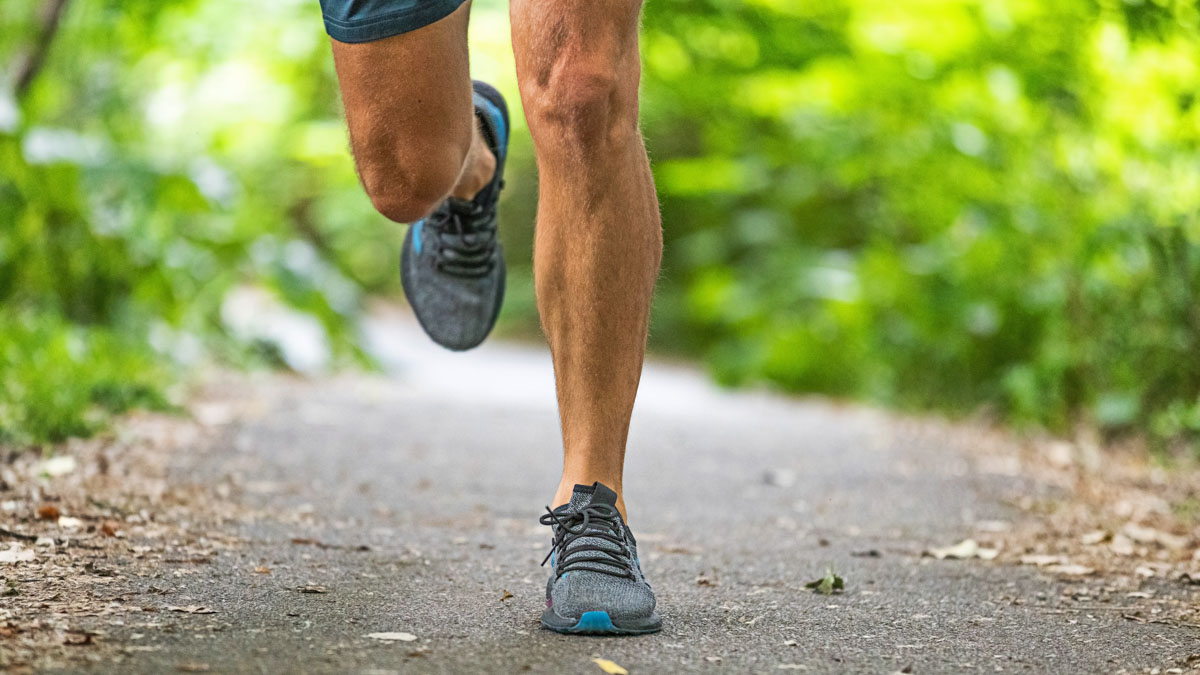Question
When is it too hot to run outside? Today, it was 102 degrees in Kansas City and, with the heat index, it felt like 115. There was a heat advisory as well. I went for my run and had to walk a little bit, but I felt okay. It took a while for my heart to stop racing, once I was finished, but I survived. Not sure when I need to just call it quits and jump on the treadmill.
Hal’s Answer
Quoting from forecast.weather.gov, “A heat advisory means that a period of hot temperatures is expected. The combination of hot temperatures and high humidity will combine to create a situation in which heat illnesses are possible.”
My dubious “record” for running in the heat is 114 degrees, achieved while visiting my brother-in-law in Mesa, Arizona. I ran a couple of mid-afternoon miles at a slow pace to prove I could do it. An Arizona native might have been able to run faster and farther, but that is not always a wise idea.
The fact that you listened to your body signals and walked a little showed an awareness that challenging Mother Nature is not always a good idea.
There’s No One-Size-Fits-All
There is no specific dotted line when you either find a treadmill in an air-conditioned gym or do not go out. High humidity levels can contribute to your discomfort. It seems unfair, but skinny runners tolerate heat better than those who weigh more. Running through a hot summer will at least acclimatize your body so that hot fall races prove easier than hot spring races.
When temperatures peak in the summer, we need to:
- Slow down: Take walking breaks, as you did.
- Drink more: Evaporation of sweat helps cool the body.
- Cover up: Cap, sunblock, wicking shirt is better than bare.
- Run early: The Sun high overhead is not your friend.
- Cut miles: Even skip workouts on impossibly hot days.
Err on the side of caution. Too many skipped workouts compromises my tightly-designed training programs, but arriving at your next full or half marathon undertrained is better than overtraining yourself into a heat stroke.
